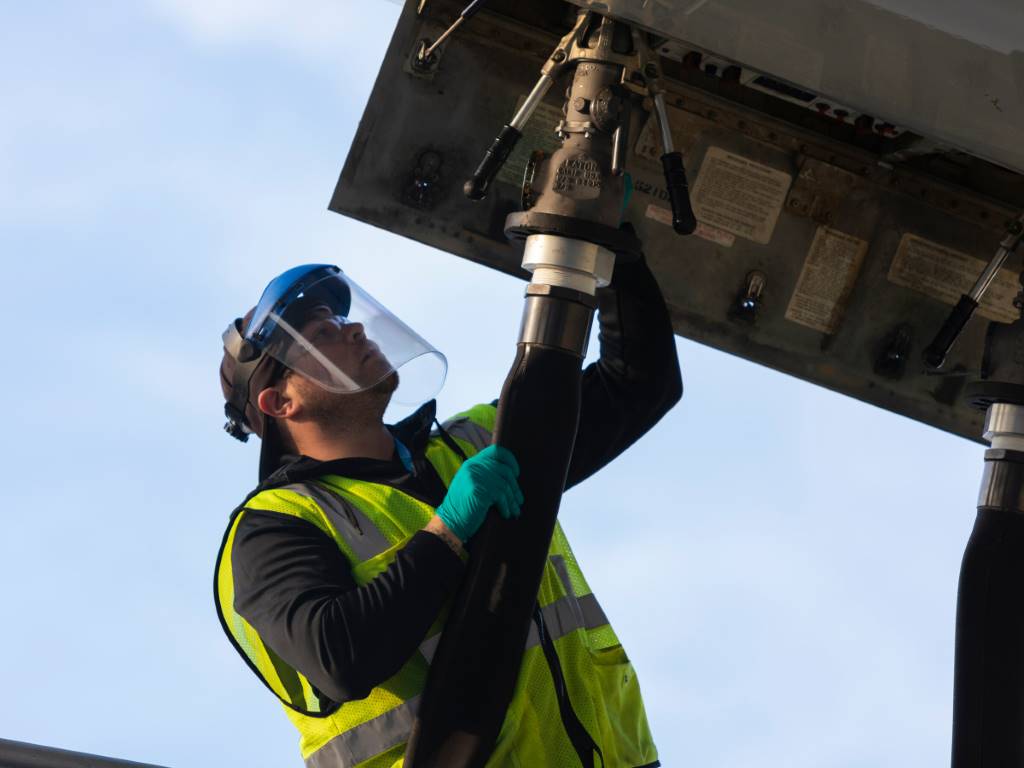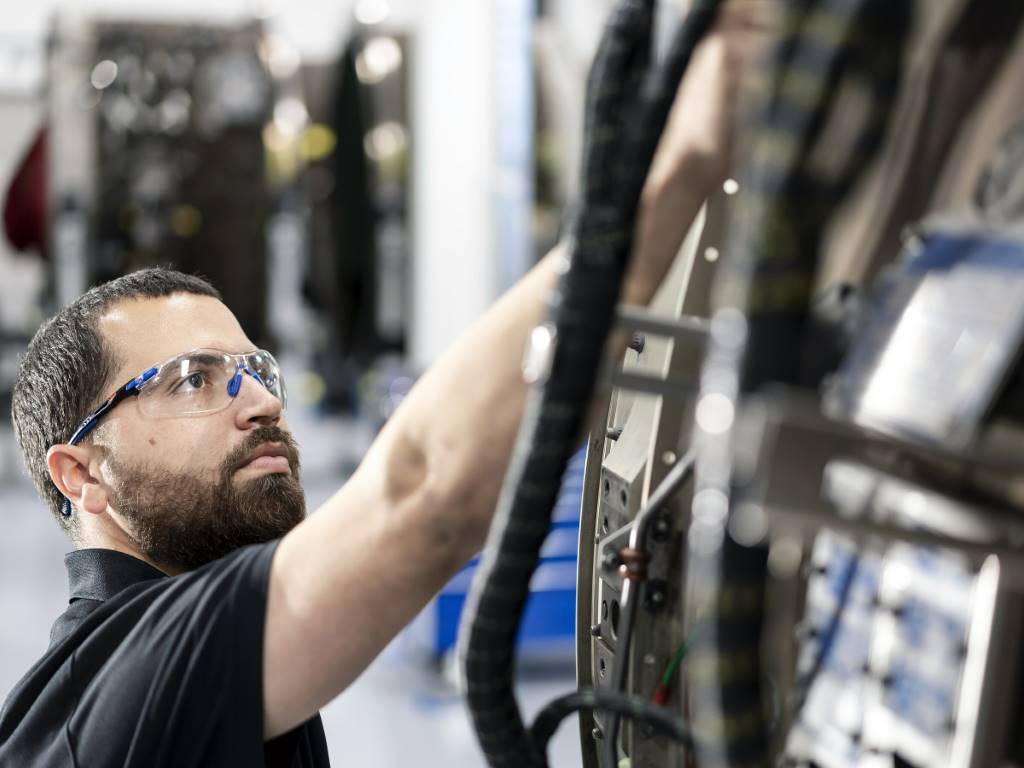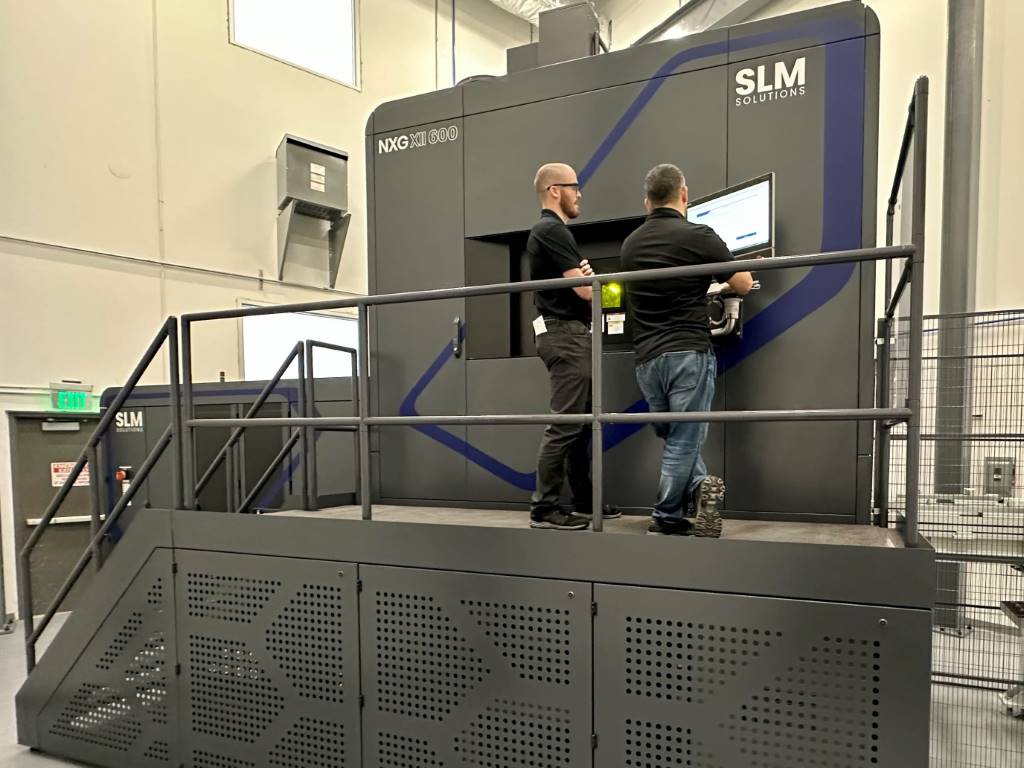eVTOLs could be unviable depending on battery technology

The current battery technology being used by some eVTOL aircraft could make them commercially unviable, an industry specialist has said.
This is according to Horizon Aircraft, the advanced aerospace engineering company that has developed the Cavorite X5, the world’s first eVTOL.
It warns some of the batteries used are simply too heavy for long-range commutes, and their charging times too slow to support the number of flights required.
Furthermore, the lifecycle of many batteries being used is also too short. Many prototypes currently under development must use advanced, high energy density variants. However, these lighter batteries can be damaged easily, increasing the rate at which they need to be replaced, which will increase costs.
Brandon Robinson, CEO and co-founder of Horizon Aircraft said: “The type of batteries used by eVTOL aircraft will also impact what vertiports and vertistops they can use. One of the biggest operational barriers to deploying a VTOL fleet in cities is finding sufficient locations to place landing pads, and the facilities needed to recharge and service aircraft. eVTOL aircraft with heavy batteries or ones that take too long to recharge will have access to fewer vertiports and vertistops.
“eVTOLs need to be safe, affordable, and have an operational cost structure that makes them economically viable. The batteries used by some eVTOL aircraft will make this impossible to achieve.”
The weight of batteries used for the Cavorite X5 is only 200 kg, providing it with a range of 500km with a hybrid-electric power system. Some high-profile eVTOLS are using batteries that weigh 600kg or more, and have a range of between 100km and 200km.












